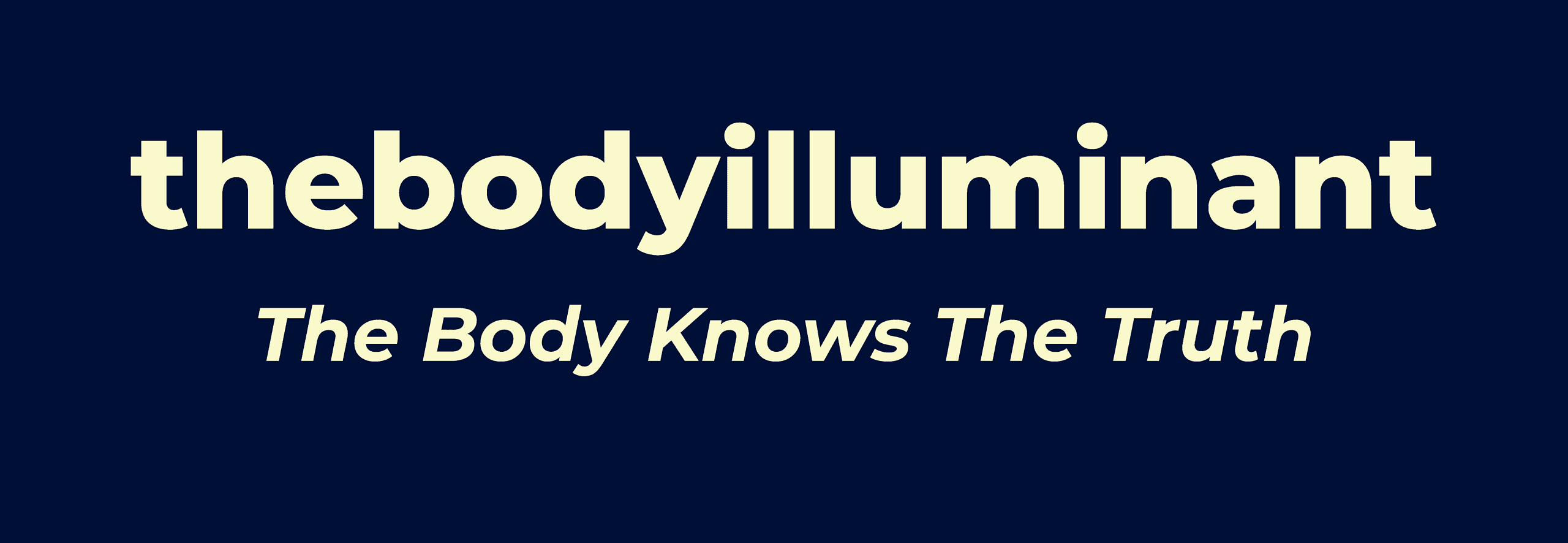[vc_row][vc_column][vc_column_text css=””]
The Longing
The Longing lives in the heart as a permanent resident. A wound that never heals. A constant source of agitation that propels us to the most drastic of actions to numb its sorrowful presence. It’s easier to see in the drug addict, alcoholic, or brokenhearted. Their resistance is low, and they have little investment to maintain appearances. But make no mistake, the Longing lies within us all, smoldering and easily fanned by disappointment and disillusionment.
The Hindus say that longing comes with the soul. Separated eons ago from the source of all things, the Soul journeys through lifetime upon lifetime, seeking to return to its source. The Longing is the fuel that fires any quest for spiritual fulfillment. Why seek unity if one does not feel separate?
The Sufis revel in this Longing. It is the source of their poetry and the impetus of their lives. This Longing to return to God, when allowed to be felt, breathed, and touched, adds an exquisite bittersweetness to life–an almost unbearable delicateness and refinement to the smallness of our lives. The 13th-century Sufi poet Jellaludin Mevlana Rumi writes of this feeling in his Mathnawí after the loss of his beloved friend and spiritual teacher, Shams Tabrizi. In this poem, he is referring to the sound of the Turkish Reed instrument, the Ney.
Listen to the reed and the tale it tells,
How it sings of separation:
Ever since they cut me from the reed bed,
My wail has caused men and women to weep.
I want a breast torn and tattered with Longing,
So that I may relate the pain of Love.
Whoever has been parted from his source
Wants back the time of being united. -IV 1967-1974-

Each of us has this craving to immerse ourselves in the Love of a God that knows no bounds. Each of us deals with this hunger in our own way.
The faithful, God bless them, find comfort in the words of the church. They feel guaranteed security in the hereafter and the promises of God’s unlimited Love and healing if only they live good lives. How tragic that, if they choose to doubt the church or any of its dogma, the anesthesia of belief quickly wears off, and the relentless misery of an empty heart once again becomes suicidally apparent. Christ came as a friend to give us hope, unconditional Love, and compassion. He did not come to create an internally contradictory dogma that only adds to our guilt and confusion while weakening the will that longs for truth.
Those who choose not to believe, the atheists, will ramble on with rationale and logic, spouting science and knowledge. They only seem content in their lives. Such anxiety-ridden rhetoric barely muffles the mournful cries of an unfulfilled heart. Nothing has changed. The ache is still there.
Some of us who don’t have the stomach for religion or rationalization find other ways to deal with the pain; long-term relationships, serial one-night stands, immersing ourselves in our work, our children, or even the seemingly altruistic efforts of selfless service help to temper the inherent discomfort of separation.
Are we significantly different than the poor pearl oyster? Constantly irritated by a grain of sand, she creates an object of beauty. The pain is gone; that is enough for her. This mother of pearl does not understand the beauty of what she has done. We humans suffer through the Longing, doing whatever it takes to stop the pain. Our understanding of this process–much like the oyster–is negligible.
So I say to those of you who have spent time in this darkest night of the soul, who have allowed yourselves to experience this deepest of aches, surrender all that you believe you are and allow yourself to once again connect to The One True God.[/vc_column_text][/vc_column][/vc_row]
